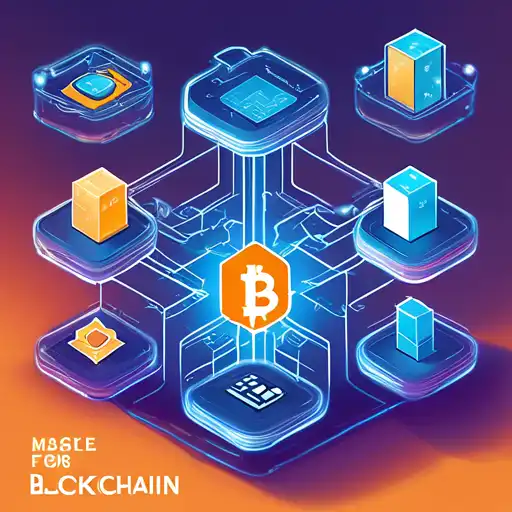What is Blockchain?
Blockchain technology is a decentralized digital ledger that records transactions across many computers in such a way that the registered transactions cannot be altered retroactively. This technology is the backbone of cryptocurrencies like Bitcoin, but its potential applications extend far beyond digital currencies.
How Does Blockchain Work?
At its core, blockchain is a chain of blocks, where each block contains a number of transactions. Every time a new transaction occurs on the blockchain, a record of that transaction is added to every participant's ledger. This decentralized database managed by multiple participants is known as Distributed Ledger Technology (DLT).
Key Features of Blockchain
- Decentralization: Unlike traditional ledgers or databases controlled by a central authority, blockchain is decentralized and distributed across a network of computers.
- Transparency: All transactions are visible to anyone who has access to the system, providing an unprecedented level of transparency.
- Immutability: Once a transaction is recorded on the blockchain, it cannot be altered or deleted, ensuring the integrity of the data.
- Security: Blockchain uses advanced cryptography to secure transactions, making it highly resistant to fraud and hacking.
Applications of Blockchain Beyond Cryptocurrency
While blockchain is synonymous with cryptocurrencies, its applications are vast and varied. From smart contracts that automatically execute agreements to supply chain management that ensures product authenticity, blockchain is revolutionizing industries.
Smart Contracts
Smart contracts are self-executing contracts with the terms of the agreement directly written into lines of code. They run on the blockchain, making them immutable and distributed.
Supply Chain Management
Blockchain provides a transparent and unalterable record of transactions, making it ideal for tracking the production, shipment, and delivery of products in a supply chain.
Getting Started with Blockchain
For beginners interested in exploring blockchain, starting with cryptocurrencies is a practical approach. Platforms like Bitcoin and Ethereum offer accessible entry points. Additionally, numerous online resources and communities can help newcomers understand and navigate the blockchain ecosystem.
Choosing a Wallet
To interact with blockchain, you'll need a digital wallet. Wallets can be software-based or hardware-based, each offering different levels of security and convenience.
Understanding Cryptocurrency Exchanges
Cryptocurrency exchanges are platforms where you can buy, sell, or trade cryptocurrencies. It's essential to research and choose a reputable exchange to ensure the security of your investments.
Conclusion
Blockchain technology offers a secure, transparent, and decentralized way to record transactions and manage data. Its applications extend far beyond cryptocurrencies, promising to transform industries by enabling trustless and efficient systems. For beginners, the journey into blockchain starts with understanding its core principles and exploring its most accessible applications, such as cryptocurrencies and smart contracts.
